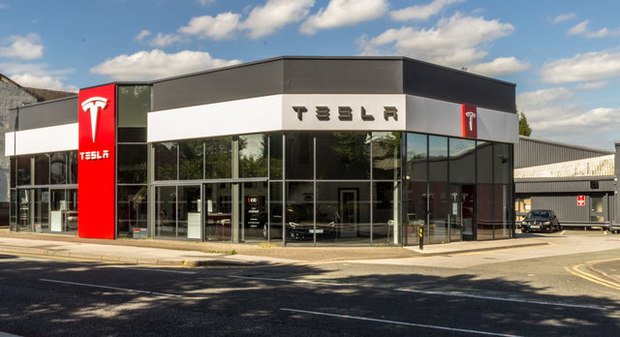Russia to raise import duties on US vehicles
The Russian government plans to raise customs duties on cars built in the United States in retaliation for the latest anti-Russian sanctions. Although the new duties may reach 30%-40% of the cars' total cost, industry analysts expect a rather modest impact on the sales and import volume.
US carmakers importing vehicles into Russia can expect significant increases in customs duties soon, warns WardsAuto adding that the measures would represent Russia's long-awaited response to the latest US sanctions imposed on the country. The United States implemented restrictions on some leading Russian businessmen and companies and increased duties on import of steel and aluminium. According to Russian Minister of Economic Development Maksim Oreshkin, the new duties may come into force in July. They may reach up to 40% of the imported cars' total cost, claim sources close to the Russian government.
Last year, over 218,000 new passenger cars were imported into Russia, about 20,000 of which were assembled in the US, says the Russian Ministry of Industry and Trade. Imported vehicles account for 14,3% of the market. Chevrolet, Cadillac and Dodge are among major US import brands.
Industry analysts consider that the increased duties will mostly affect the import of niche and premium-segment cars like Tesla. Given that most Russian premium model buyers are relatively insensitive to price, the increased duties aren't supposed to have any significant impact on the vehicles' sales or volume of supplies.

Such US carmakers as Ford and General Motors have local manufacturing facilities in Russia. The latter suspended operations at its St Petersburg plant in 2015, but the producer continues assembling mini-SUV Chevrolet Niva in cooperation with Russian manufacturer AvtoVAZ. Ford works together with local manufacturer Sollers. Besides producing vehicles at three local factories, the companies have localised engine production in Russia earlier this year. As 99% of the cars Ford sells in Russia are produced locally, the carmaker doesn't expect higher customs duties to affect its Russian business negatively.
The Russian car market was the fastest growing in Europe until 2014 when the fall in the value of the ruble caused a rise in the prices of cars and other goods. The market has just started to recover from years of stagnation, but the government's recent proposal to raise VAT will lead to higher car prices, hitting demand and sales, warn car makers and dealers. ''Expectations of the VAT rise may even slightly boost sales this year but will hit the demand next,'' considers Vladimir Bespalov, an analyst at VTB Capital.